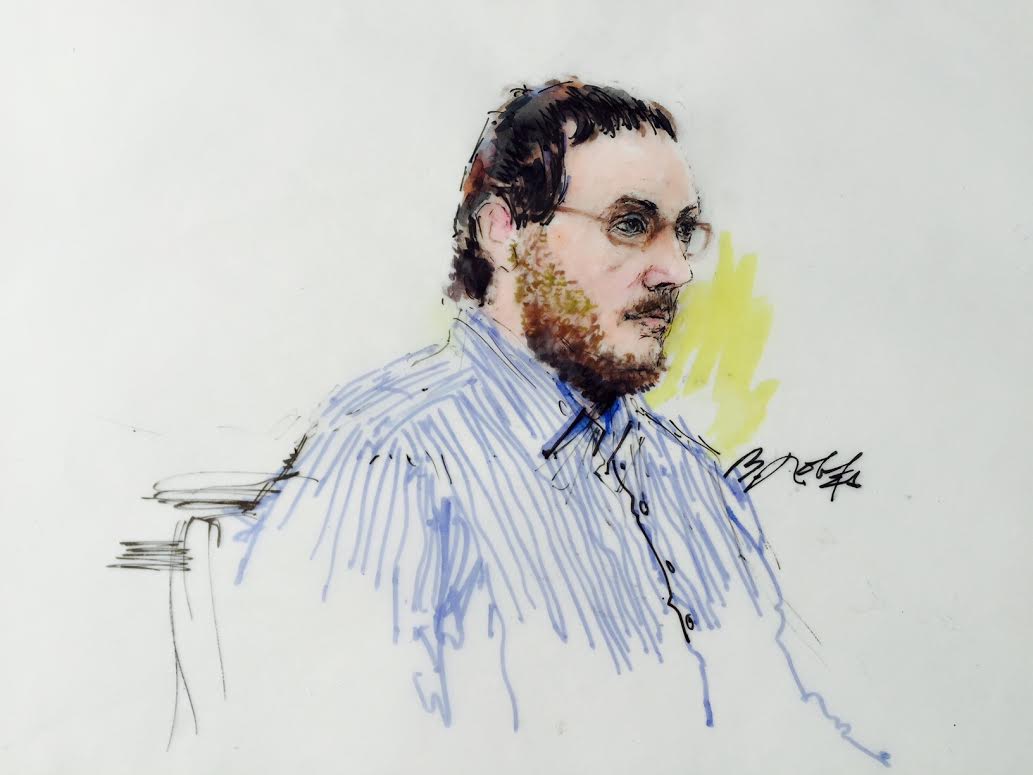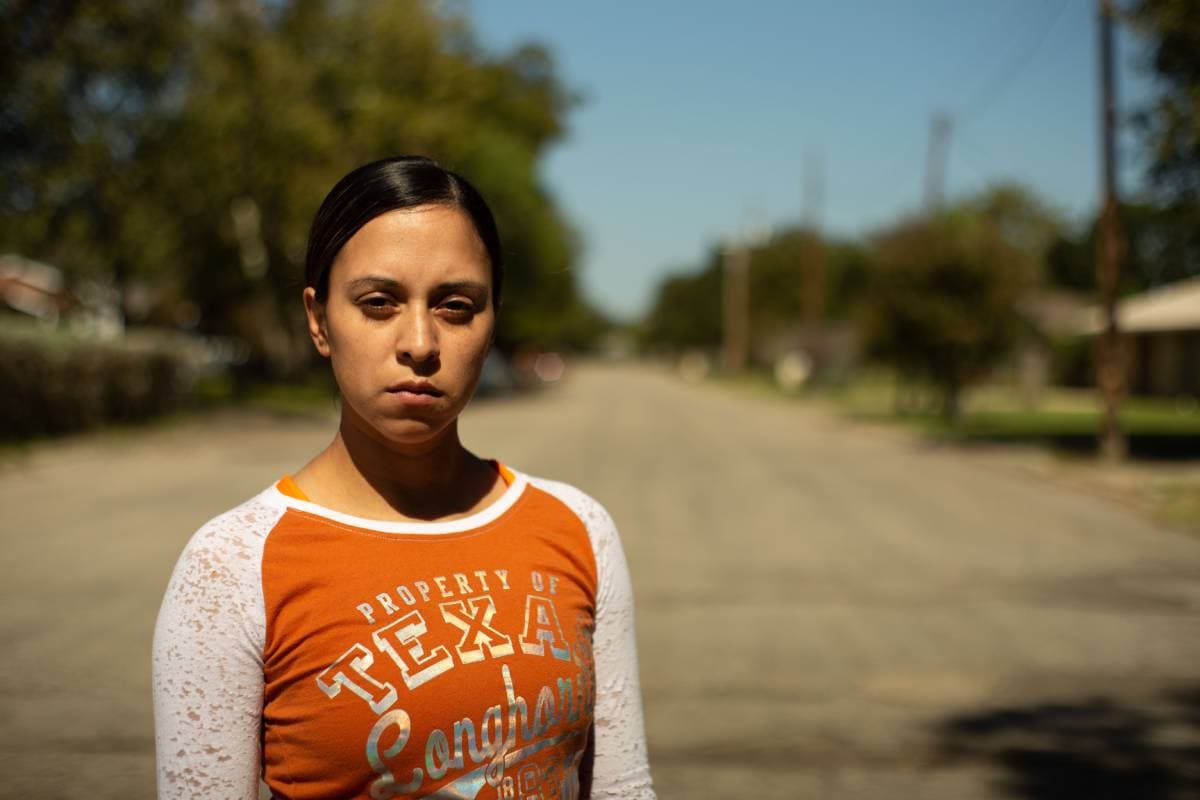
Posted 4:30 p.m. | Updated 9 a.m.
Prosecutors controlled the narrative for two months with 200 witnesses in the Aurora theater shooting trial. But on Thursday, James Holmes' defense team began presenting its own case to the jury.
Holmes has pleaded not guilty by reason of insanity for the shooting deaths of 12 people at a midnight premiere of "The Dark Knight Rises" three years ago, which means his public defenders must persuade the jury that, contrary to the prosecution's case, he was insane when he opened fire.
"Are you folks ready for the jury?" Judge Carlos Samour asked them. "Yes? Yes? OK, let’s bring the jury in please."
The defense led off with one of their star witnesses, Dr. Jonathan Woodcock, a psychiatrist and neurologist at the University of Colorado. He told the jury that at the time of the attack, Holmes fit the legal definition for insanity: "That he was severely mentally ill, and that he had a psychotic mental illness, that it he had an illness which caused considerable disruption in his ability to understand reality."
Woodcock is a critical witness, because he examined Holmes just days after the attack. He testified that Holmes was delusional at the time of the shooting. That he thought the only way to avoid suicide was to kill other people. And that he seemed to lack any emotion following the murders.
"The most odd thing is this tremendous emotional flatness, this lack of normal human emotional response to his situation," Woodcock said. And he added that Holmes had one of the strongest family histories for a psychotic disorder he’s ever seen.
If Holmes is found not guilty by reason of insanity he will avoid the death penalty. So District Attorney George Brauchler did his best to damage the psychiatrist's credibility. In one exchange, Brauchler asked why a member of Holmes’ defense team monitored the psychiatric evaluation, which is at odds with standard procedure.
"You said, 'I deviated from it because I thought it would be helpful for the team' -- I presume you mean the defense team -- 'to have another person in there watch me do this.'"
"This was a very limited scope evaluation, it was a preliminary evaluation, and I didn’t feel that the guideline applied to this situation. I used that judgement," Woodcock said.
Brauchler also questioned his credentials and his sometimes confusing notes.
Craig Silverman, a former chief deputy district attorney in Denver following the case, said he expected the prosecution to attack defense experts in a variety of ways. Whether that tactic works will come down to the personal credibility and likability of the experts in the eyes of the jury.
The defense only needs to convince one juror Holmes was insane to trigger a mistrial, which would keep their client off death row at least a little longer.








